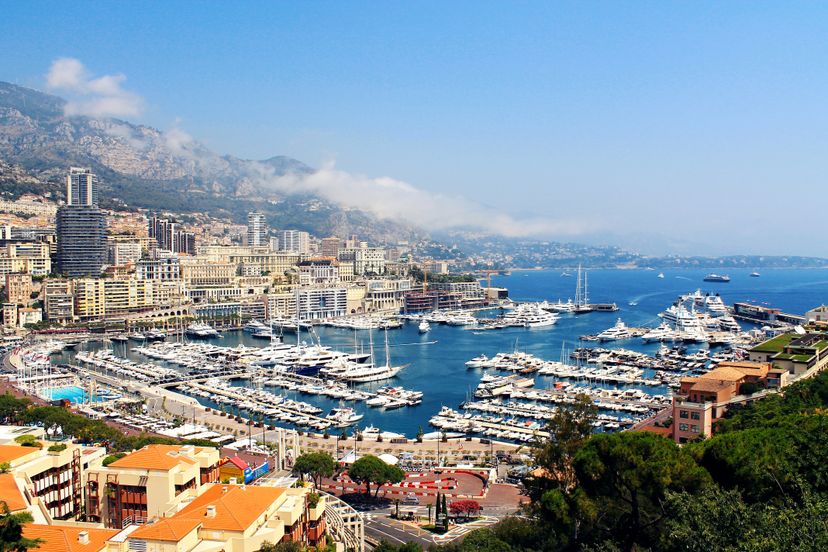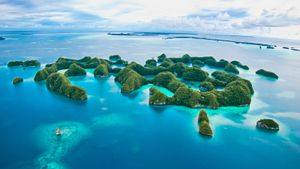The Grimaldi dynasty has ruled Monaco since 1297, leaving an indelible mark on the country’s history and culture. Their influence has been felt through their commitment to preserving Monaco’s unique identity on the French Riviera, as well as their patronage of the arts and the opulent Prince’s Palace. The Grimaldi family initially assumed power in 1297 and solidified their sovereignty in 1314, eventually proclaiming Monaco an autonomous nation in 1861. Their influence expanded further when Monaco became a member of the United Nations in 1993. Today, the throne of Monaco belongs to His Serene Highness Prince Albert II, a member of the royal family who continues the Grimaldi legacy.
A visit to Monaco wouldn’t be complete without witnessing the changing of the guard ceremony at the Prince’s Palace. This well-coordinated military ritual takes place daily at 11:55 a.m. and involves the exchange of shifts for the palace guards, including French citizens serving in Monaco’s military.
Prince Rainier III and Grace Kelly
Prince Rainier III succeeded Louis II and embarked on a mission to modernize Monaco’s economy. He achieved this by:
- Negotiating rebates Monegasque trade duties with France
- Staunchly defending Monaco’s banking and taxation systems
- Maintaining a customs union with France
- Attracting businesses to diminish Monaco’s dependence on tourism and gambling
These efforts contributed to the growth of Monaco’s population.
In a fairy-tale-like twist, Prince Rainier III married Hollywood actress Grace Kelly, further elevating Monaco’s glamour and allure. Their union not only captured the world’s attention, but also led to an alteration in the constitution, allowing the Grimaldi dynasty to persist through the female line.
The legacy of Prince Rainier III and Grace Kelly continues through their son, Prince Albert II, who married Charlene Wittstock, further solidifying Monaco’s status as a glamorous and prestigious destination.
Reign of Prince Albert II
Following the footsteps of his father, Prince Rainier III, Prince Albert II ascended the throne and has since focused on modernizing Monaco. He has introduced a new constitution, established a new court system, and implemented new economic policies to ensure the country’s continued prosperity.
Prince Albert II’s reign is also marked by his dedication to environmental initiatives. He has championed efforts to reduce Monaco’s carbon footprint through the installation of solar panels on public buildings, the introduction of electric vehicles, and the promotion of sustainable tourism.
As Prince Albert II continues to lead Monaco into the future, his commitment to modernization and environmental sustainability ensures that the Principality, with its iconic Prince’s Palace, remains a shining example of progress and innovation on the world stage.












